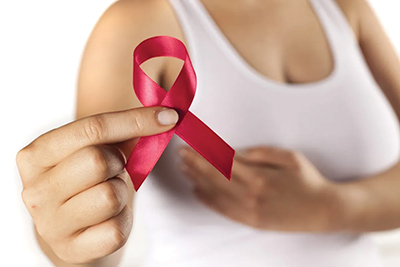
By Defender News Service
Black women face higher risks of breast cancer. That much has been known for a while now. However, research has revealed that the use of chemical hair products increases Black women’s risk for cancer even more.
According to a new study from the International Journal of Cancer, Black women who use permanent dyes “every five to eight weeks or more was associated with a 60% increased risk of breast cancer as compared with an 8% increased risk for white women.”
Author Alexandra White, Ph.D., head of the NIEHS Environment and Cancer Epidemiology Group said the study’s results are pretty conclusive.
“Researchers have been studying the possible link between hair dye and cancer for a long time, but results have been inconsistent,” she said. “In our study, we see a higher breast cancer risk associated with hair dye use, and the effect is stronger in African American women, particularly those who are frequent users.”
The study also found “found that women who used hair straighteners at least every five to eight weeks were about 30% more likely to develop breast cancer.” The risks were the same for Black and white women but “straightener use was much more common among African American women.”
Semi-permanent or temporary dye found little to no increase in breast cancer risk.
Breast cancer is an epidemic for Black women — they are 40 percent more likely to die from breast cancer despite doctors diagnosing the disease in African American and white women at about the same rate, the Centers for Disease Control and Prevention reported. Also, Black women are more often found to have triple-negative breast cancer, an aggressive type that frequently returns after treatment.
Age is also a factor: breast cancer incidence rates were higher among African American women younger than 60 years old but lower among those who are 60 or older.
One reason for this statistic could be that medical professionals tend to find this cancer at an earlier stage in white women. Also, Black women may have inadequate medical care, including limited access to cancer screening technology.
Doctors encourage women, especially those at high risk due to a family history or having BRCA1 or BRCA2 genes, to get out ahead of the disease. Early detection measures such as mammograms and screenings are strongly recommended. Women can visit local hospitals that offer low-cost mammograms or call their local American Cancer Society chapter for help with screenings or doctor referrals.


Be the first to comment